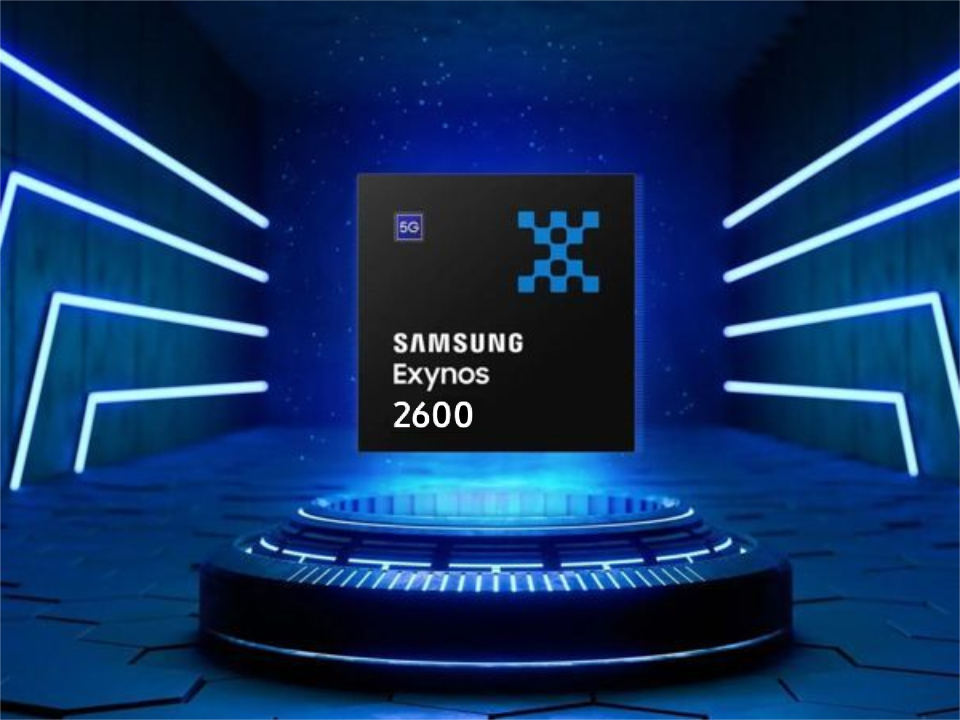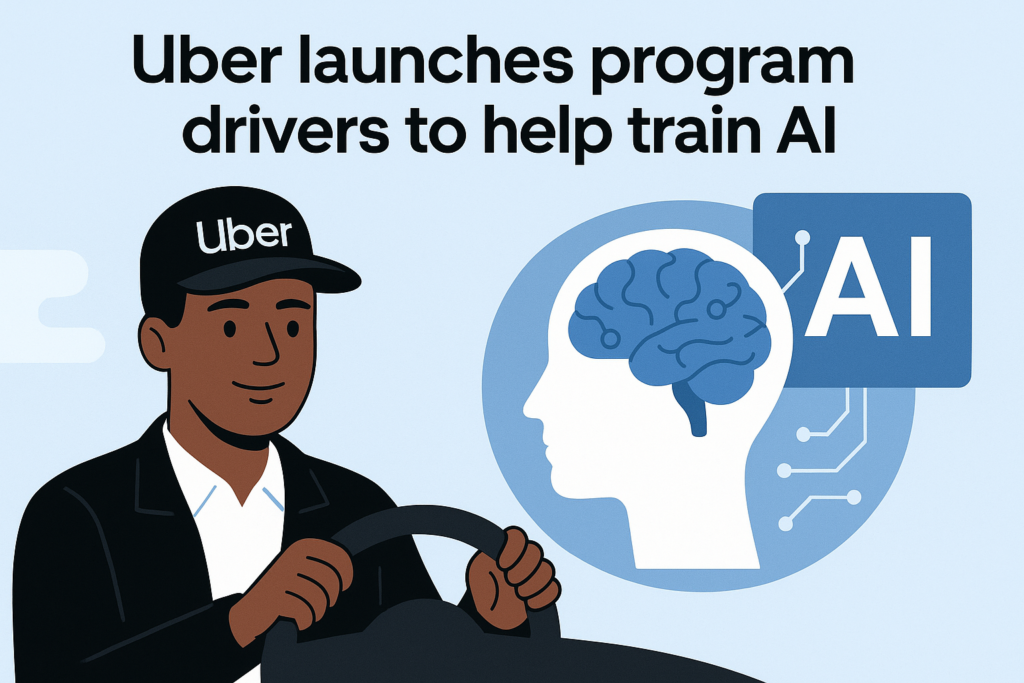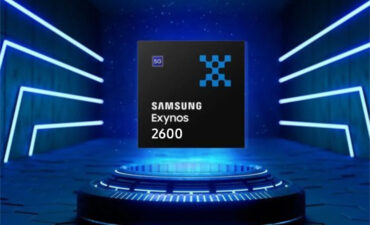This week’s stories are about tech, AI and sustainability, coming from Korea and the USA
Samsung to equip Galaxy S26 with its own Exynos processor
Samsung Electronics plans to use its in-house Exynos processor in its next-generation Galaxy S26 smartphones, marking a return to its own chip technology for flagship models, industry sources said.
I saw this story at Korea Herald and the company’s System LSI division, which designs and develops system-on-chip products, has completed development of the Exynos 2600. The supply will begin in November, according to the story.
Samsung’s Exynos chips are designed and produced by the company’s semiconductor business. Internal testing showed the new processor delivers competitive performance against rival chips, including Apple’s A19 Pro used in the iPhone 17 Pro series, the sources noted. (By the way I have a story here about Samsung)
At least one Galaxy S26 model is expected to feature the Exynos 2600 when the series is unveiled early next year. If the high-end Galaxy S26 Ultra uses the in-house chip, it would mark the first Ultra variant powered by Exynos since the Galaxy S22 lineup in 2022, per the story.
Samsung relied solely on Qualcomm’s Snapdragon processors for all Galaxy S23 models and used Exynos chips only in select Galaxy S24 versions. This year’s Galaxy S25, S25 Plus and S25 Ultra models all feature Snapdragon processors, the story emphasized.
The shift signals Samsung’s renewed confidence in its Exynos platform as it seeks to strengthen competitiveness in the global smartphone market and reduce reliance on U.S. chip suppliers.

Samsung to equip Galaxy S26 with its own Exynos processor
BigTech pays millions to train teachers on AI
The American Federation of Teachers (AFT) and the National Education Association (NEA) have struck multimillion-dollar partnerships with Microsoft, OpenAI and Anthropic to train hundreds of thousands of educators in AI literacy. The tech companies, in turn, gain an opportunity to build influence in classrooms and among the next generation of students.
I saw this story at Associated Press and AFT President Randi Weingarten said she initially approached the tech firms out of necessity.
“There is no one else helping us with this,” she said. “We went to them — they didn’t come to us.”
Under the deal announced in July, Microsoft will contribute $12.5 million over five years, OpenAI $8 million in funding plus $2 million in technical support, and Anthropic $500,000. The funds will support a new AI training hub in New York City and two additional sites aimed at training 400,000 teachers within five years, according to the story.
The NEA announced a separate partnership with Microsoft last month, supported by a $325,000 grant to create online “microcredential” courses in AI for its 3 million members. The union hopes to train at least 10,000 educators this school year.
Microsoft, Google and other tech giants are investing heavily in education as part of broader AI initiatives, per the story. Microsoft has pledged $4 billion toward training, research and free AI tools for schools, including access to its CoPilot platform for all districts and community colleges in Washington state. Google plans to spend $1 billion on AI education and job training, offering free access to its Gemini for Education tools for U.S. high schools.

BigTech pays millions to train teachers on AI
Uber launches program drivers to help train AI
Uber Technologies is testing a new program that pays drivers to complete small digital tasks that help train artificial intelligence models, even when they’re not on the road.
The pilot allows some U.S. drivers and couriers to opt in to short online jobs — such as recording voice clips, uploading photos, or verifying documents — directly through the Uber Driver app.
I read this story at Axios and Uber says the initiative offers drivers new earning opportunities during downtime, such as while charging electric vehicles or waiting for ride requests. The company plans to expand the pilot nationwide by the end of 2025 after a successful beta test in India, according to story.
Each task takes only a few minutes and pays a fixed rate that appears in drivers’ balances within 24 hours, Uber said. Screenshots from the launch presentation showed example payouts ranging from $0.50 to $1 per task, though Uber noted those figures are placeholders because the program has not yet launched. Pay will vary depending on task complexity and duration.
The assignments will be supplied by Uber AI Solutions, a business unit launched last year that provides audio, image, video and text data sets to companies training their own AI systems. Among its listed clients are autonomous vehicle developers Aurora and Tier IV.
Data labeling — the process of humans categorizing and annotating information for AI training — has become a fast-growing global industry. The market was valued at about $4 billion in 2024 and is projected to surpass $17 billion by 2030, according to research cited by Axios.
Past estimates suggest human data labelers, sometimes called “AI sharecroppers,” earn between $2.50 and $15 per hour, depending on the project and location, the story noted.
(P.S: I generated the below image with ChatGPT)

Uber launches program drivers to help train AI








